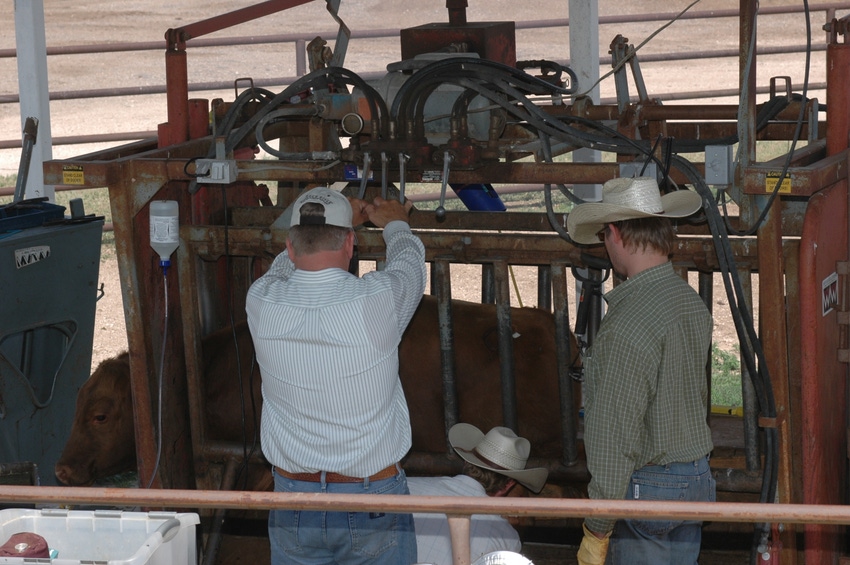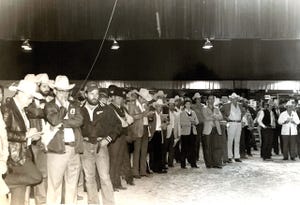Will BQA certification someday become a requirement?
Some packers will soon require the fed cattle they buy come from BQA-certified feedyards. What are the implications for cow-calf and stocker producers?

For most cattle feeders, the news in this blog is not new. For cow-calf producers who sell at weaning—don’t retain ownership through the feedyard and thus sell fed cattle directly to the packer—let this blog serve as a prompt to some thoughtful thinking.
For language purists, the phrase “thoughtful thinking” might grate on the brain. However, in this day of polarization and partisan anger, I propose that thoughtful thinking has become an endangered part of our society.
Now to my point: As most cattle feeders know, some packers are requiring the fed cattle they buy to come from feedyards that are Beef Quality Assurance (BQA) certified.
The packers I’m aware of with this requirement are Tyson, which announced earlier this year that they would begin sourcing 100% of their fed cattle supply from BQA-certified feedyards beginning Jan. 1, 2019; National, which made the same announcement, and; Cargill, which made a commitment to source 90% of their fed cattle supply from feedyards that are BQA certified.
RELATED: BQA: Moving the beef business forward
First, a note of caution to those of you who subscribe to black helicopter conspiracy theories. This is not a move by packers to tell you how to raise your cattle or take over your business. Nor NCBA. It is, rather, an example of how markets work in an effort to be sensitive to consumer wants and needs.
Recently, Wendy’s, the third largest hamburger chain in the U.S., requested that their beef supply be responsibly produced under BQA guidelines, according to information from Michigan State University. That’s what has prompted packers to source their fed cattle from BQA-certified feedyards.
So, what does this mean for cow-calf producers and stockers? Right now, you aren’t under any requirement to be BQA certified to sell cattle to a feedyard. But let me strongly suggest that BQA certification is a really, really good idea.
Why? Because first, it’s the right thing to do. It will make your outfit better and make the cattle better that you produce. Will feedyards at some point in time seek out BQA-certified feeder cattle just like they seek out preconditioned cattle now? I don’t know, but it’s certainly possible.
What about your cull cows and bulls? Will packers someday require that those come from ranches and farms that are BQA certified? Again, I don’t know, but it’s certainly within the range of possibilities.
In fact, because of the packer announcements and the possible future implications, I’m told that some sale barns are moving toward requiring that all cattle going through the market be BQA certified. The Livestock Marketing Association is working with its members to provide resources and ensure this happens smoothly.
READ: Value-added calves worth the extra effort
Here’s the bottom line: Good animal husbandry and common-sense production practices that lead to better beef eating experiences for consumers, more dollars in our industry and increased consumer confidence in in our product should not be seen as a bad thing, whether it’s a packer requirement or not.
What’s more, it’s easy. You can take an online course or can attend a hands-on course in your state. Either way, it’s worth the effort to get yourself and your employees certified.
For those of you, and there are many, who are BQA certified, thank you for your investment in making your operation and the beef business better. If you aren’t BQA certified, now is a good time to consider getting that done.
About the Author(s)
You May Also Like

.png?width=300&auto=webp&quality=80&disable=upscale)

